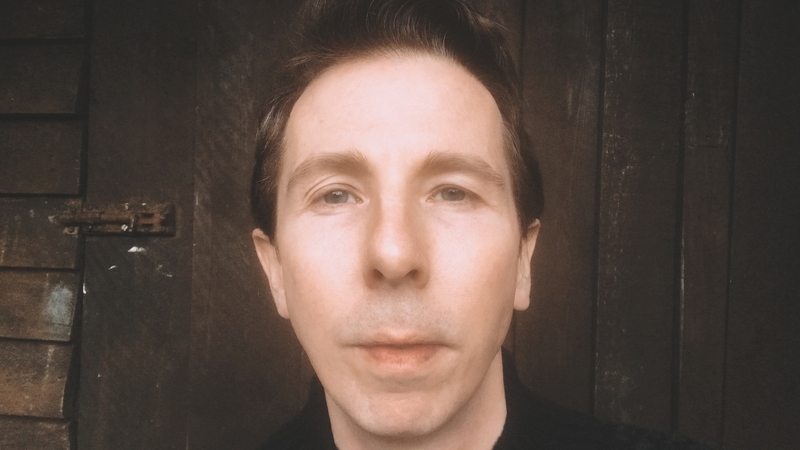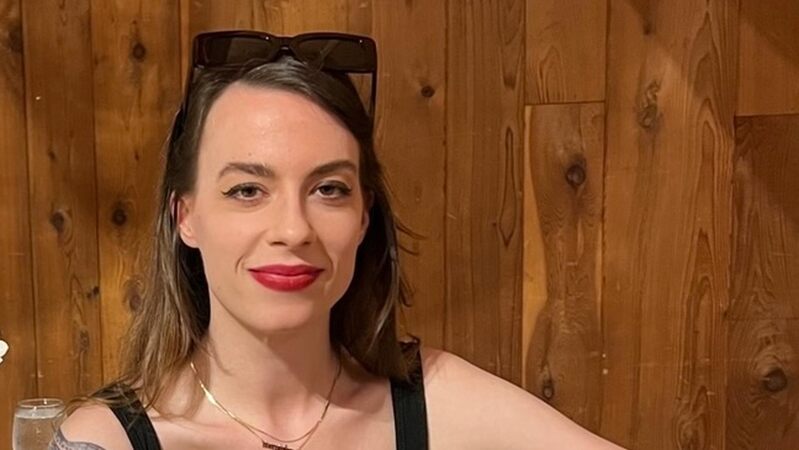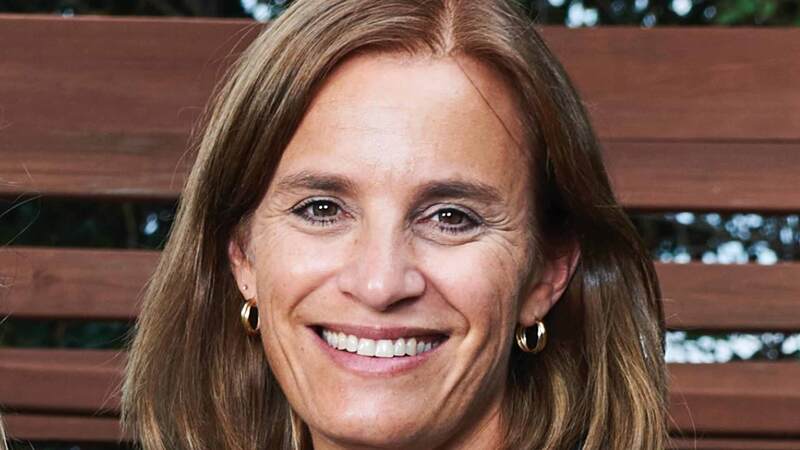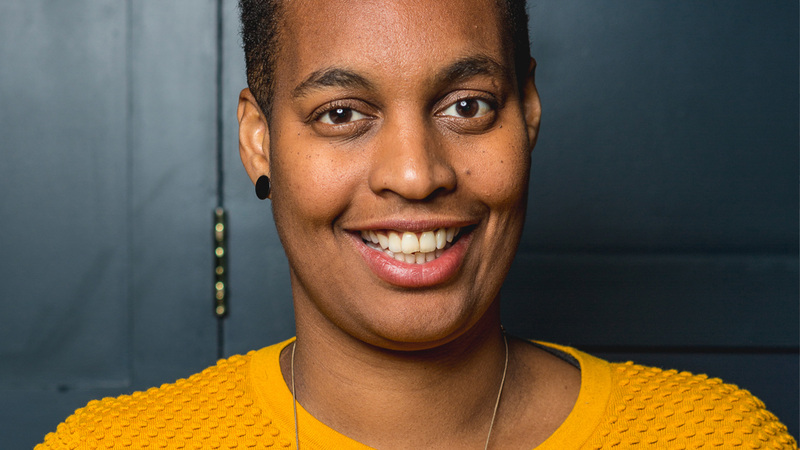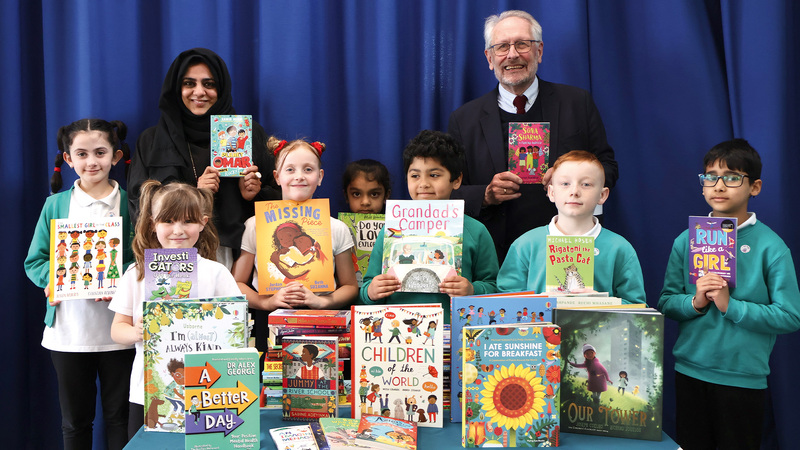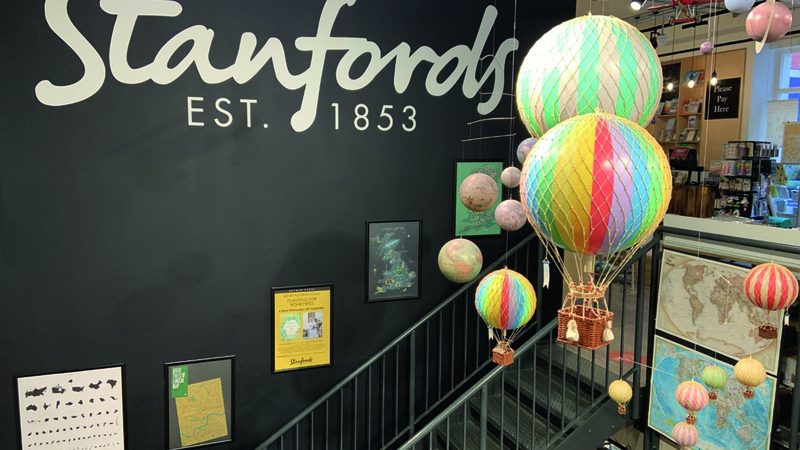You are viewing your 1 free article this month. Login to read more articles.
Publishers reveal impact of long Covid as employers praised for support
Publishers have spoken about their struggles with long Covid, singling out firms such as Penguin Random House and John Murray for their support.
Several staff The Bookseller spoke to say they are still dealing with the effects of the virus, despite catching Covid-19 up to 20 months ago. They have highlighted the importance of hybrid working and the backing of their employers as important for their recovery and ability to still do their jobs.
Tess Henderson, head of campaigns for the entertainment hub at Ebury (pictured, top), was first affected at the beginning of the pandemic and is still affected now. “I caught Covid the week before we locked down in March 2020, doctors have since told me they think I had a large viral load — probably being exposed to the virus more than once that week — which might have contributed to the subsequent long Covid and the large number of antibodies I had. At the time it was pretty terrifying, despite having no underlying health conditions I struggled a lot with my breathing in the second and third week, resulting in two hospital trips. After recovering from the initial acute virus, my body essentially never really went back to normal.”
She is affected by numerous symptoms including extreme fatigue, migraine-like headaches, blurred vision, tinnitus and joint pain to name a few. She is currently on an eight-month waiting list for an NHS long Covid clinic and had to take months off work.
Like other publishers who spoke to The Bookseller, she praised her employer for its help, saying: “I couldn’t function enough to work for a long, long time... Ebury never once doubted the severity of what I was going through. They supported me emotionally which meant so very much at a time when I didn’t know what was happening to my body. On a practical level they gave me access to healthcare entitlements and sick pay and so many people checked in with me regularly to see how I was. They brought someone in to cover my role, and the whole way along they have said to take it at my own pace and not rush back.”
Henderson recently returned to Ebury but stressed that “the healing process is not linear”. She added: “I am only able to work part time at the moment, and some days unable to do much at all. I am very grateful for the hybrid working model.”
The situation has made more people aware of invisible conditions. “I have never thought more about the phrase ‘not all disabilities are visible’. Autonomic nervous or immune disorders are often cruel in the way you don’t look very poorly, but at times feel totally unable to function. I think many companies, Penguin included, are looking at diversity measures that include disability and are putting more specific measures in place to educate and support staff.”
Fellow PRH employee Helena Sheffield (pictured, below right), senior marketing manager for audio, caught Covid-19 a few months after Henderson and is still experiencing symptoms. She said: “I caught Covid in July, and while the period of infection wasn’t too bad... the fatigue hasn’t left me since.”
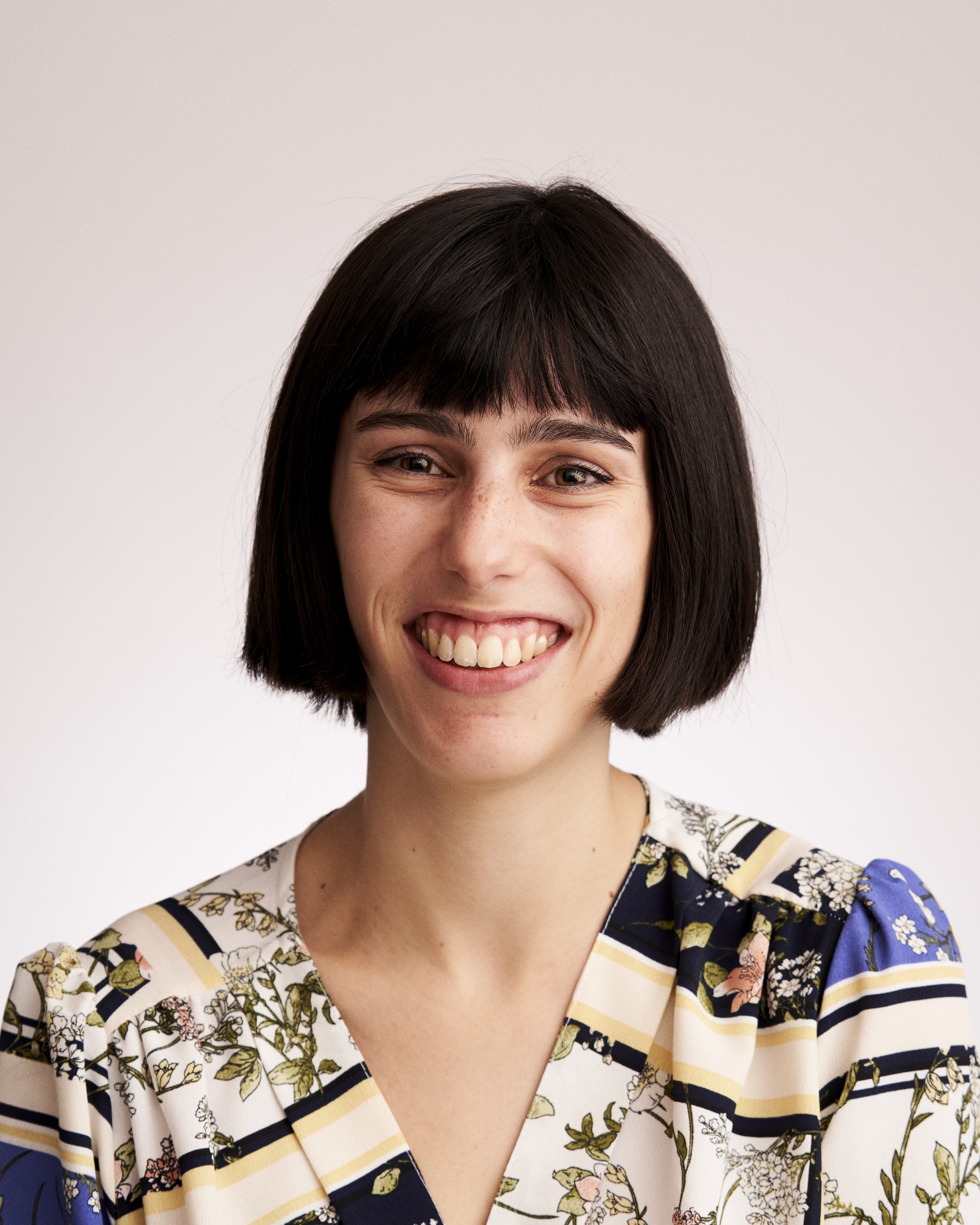 She is trying to pace herself as her energy varies significantly. “For a long time I was in denial about how little I was able to do at work. It was harder than anything else I was trying to do because of the ‘brain fog’, which is common in long Covid. You can’t think clearly, screens give you a headache, and even sitting up drains you within 10 minutes. I hadn’t appreciated how much energy sitting, thinking and physically typing can take, and I would push myself to do more, just read another email, which would result in a two-day long ‘bust’ because I had gone too far.”
She is trying to pace herself as her energy varies significantly. “For a long time I was in denial about how little I was able to do at work. It was harder than anything else I was trying to do because of the ‘brain fog’, which is common in long Covid. You can’t think clearly, screens give you a headache, and even sitting up drains you within 10 minutes. I hadn’t appreciated how much energy sitting, thinking and physically typing can take, and I would push myself to do more, just read another email, which would result in a two-day long ‘bust’ because I had gone too far.”
Like Henderson, Sheffield was full of praise for how the situation was handled by PRH, explaining: “I have never once been pushed to do more than I am able, I have been supported not just by my own team but by HR and even other departments that I work with, and have been made to feel like I’m still a valued member of staff despite how little I’ve been able to work." She also emphasised how important remote working and flexible working hours had been for her recovery and hopes that more widespread acceptance of these will help others with long-term conditions.
Sarah Caro, publishing director at the recently launched John Murray Press (JMP) imprint Basic Books UK, came down with Covid-19 on the first day of her new job 18 months ago. “I was on the phone to my boss and suddenly realised I was burning up. I was unable to get out of bed for three weeks and when my chest started to get tight it was scary as I have chronic asthma.” She took three weeks off before returning to work.
“It took me a while to realise I might have long Covid," she said. “Generally I am a very positive person but after about six months I began to feel hopeless, that I would never get better, that I was a worthless person, that I was no good at my job. Eventually my husband persuaded me to talk to my GP about it and they referred me to a long Covid clinic which basically meant talking to a physiotherapist on Zoom every month.”
Like Henderson and Sheffield, she is trying to prioritise pacing herself as her energy spikes and dips. “One of the challenges of long Covid is that as soon as you start to feel a bit better you try to do more and then often end up overdoing it. So you have to try to be very disciplined about not pushing yourself physically and not staying up late to try and make a deadline.”
Caro (pictured below left) also described flexible working as “a godsend” particularly with symptoms such as brain fog, saying: “I can adjust my working day to how I am feeling so if I suddenly feel shattered and my brain is shutting down I can take a short nap and then continue working into the early evening”.
 She has also been impressed by her company’s attitude. However, the situation has made her aware of the need for more support across the industry: “I would wish that everyone was treated with the kindness, sympathy and respect that I have experienced at John Murray. It has been tough at times but I am very conscious that there are many who have been much more seriously ill than me and also many who do not have the same level of support.”
She has also been impressed by her company’s attitude. However, the situation has made her aware of the need for more support across the industry: “I would wish that everyone was treated with the kindness, sympathy and respect that I have experienced at John Murray. It has been tough at times but I am very conscious that there are many who have been much more seriously ill than me and also many who do not have the same level of support.”
The Bookseller contacted several publishers to gauge support for those with long Covid. Val Garside, director of people at PRH, said: “Unfortunately a small number of colleagues have experienced, or are still experiencing, the debilitating effects of long Covid. As a new condition we’ve worked closely with each individual to understand the impact and what’s best for their recovery, and we’re pleased to have supported many of those colleagues back into work, often on a gradual basis, when the time is right for them.” The company offers individualised support for employees with long-term health conditions including returning back to work on a gradual basis, sick pay including 20 weeks full pay followed by six weeks at 50% of pay and income protection benefits.
A spokesperson for Hachette UK said: “We approach managing any long-term health conditions on a case-by-case basis and the same applies to long Covid. Our priority is to support our staff and find a solution that works best for the individual. Anyone who’s experiencing health issues will be supported by their line manager and HR to take time off, or to work flexibly if they are able.”
Writers have also been affected by long Covid including Michael Rosen, who suffered debilitating loss of vision in his left eye, and of hearing in his left ear. He detailed his experiences in Many Different Kinds of Love: A Story of Life, Death and the NHS (Ebury). The Society of Authors (SoA) said some of its members are affected.
“The pandemic made an already challenging way to make a living even more precarious," a spokesperson said. "While our surveys did not specifically track the impact of long Covid, we know anecdotally of many SoA members who are still living with its effects or caring for loved ones who are. Some have tried to turn the impact of long Covid into a positive – like poet Alec Finlay who published a creative toolkit for other authors experiencing the same health issues he was working through – and of course the SoA continues to provide financial support to many authors through the Authors’ Contingency Fund. But one crucial takeaway from the health crisis is that the authors hit hardest have been those who were already on lower incomes.”




